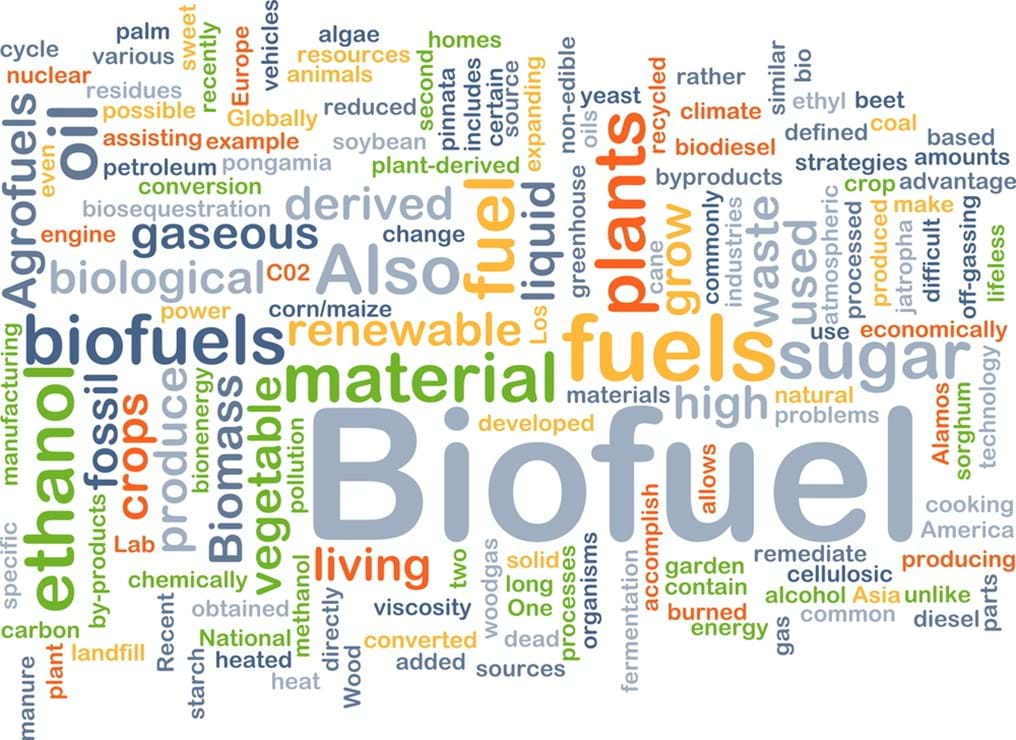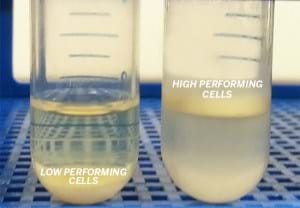Engineered yeast on par with conventional fuels (Day 324)

16th April 2015

Whether it’s heating your home, cooking your breakfast, driving your car or using electricity to light up your life - we, as a society, are heavily reliant on non-renewable fuels.
As people become more affluent through global development and industrialisation, their demand for energy grows and the consumption of finite resources accelerates.
This presents chemical engineers with a difficult task - to find and develop new pathways to more sustainable energy consumption. And time is running out.
Over in the US, the main strategy for winning the global race in clean energy technology is through the advancement of biofuels by capitalising on domestic energy resources.
Biochemical conversion involves breaking down biomass to produce the carbohydrates for processing into sugars, which can then be converted into biofuels and other useful bioproducts.
Petrol - or gasoline to our American friends, diesel, ethanol and other chemical products can be produced from renewable sources including plants and animal fats.
Hal Alper, an associate professor at the McKetta Department of Chemical Engineering at the University of Texas, has brought the Americans one step closer to the finish line.
Hal and his team have developed a new mutant yeast strain, Yarrowia lipolytica, which could lead to a more efficient biofuel production process, making biofuels more competitive in economic terms.
This special yeast cell speeds up the conversion of simple sugars into lipids, oils and fats. These lipids can then be used in place of petroleum-derived products.
Inevitably, Yarrowia lipolytica wasn’t the first strain that they experimented with. It has been re-engineered from a previous strain to deliver better results. So how did Hal and his team improve their first mutated yeast cell?

By using a combination of metabolic engineering and directed evolution, the researchers identified that cells with high lipid content would float to the top of a tube, whereas cells with a lower lipid content would settle to the bottom.
After a sequence of experiments, Hal's team found that they could exploit the high-performing cells, eventually re-engineering their final mutated yeast strain, Yarrowia lipolytica.
The finished product is quite an achievement. It produces over one and a half times more lipid product - when compared with previous strains, and it also does it at a much faster rate. More than twice as fast, in fact.
This high yield makes Yarrowia lipolytica one of the most efficient organisms for turning sugars into lipids. It could make the yeast cell a valuable ingredient in the production of biofuels.
This is a super breakthrough for Hal's team. It also aligns with the US Department of Energy’s goal to develop renewable and cost effective biofuels from non-food biomass materials.
Hal said: “Our re-engineered strain serves as a stepping stone toward sustainable and renewable production of fuels such as biodiesel. Moreover, this work contributes to the overall goal of reaching energy independence.
“We have moved to concentration values that begin to align with those in other industrial fuel processes.”
But it’s not just biofuel – the yeast cells could also be used in biochemical production of oleochemicals. These are usually derived from plants and animal fats and petroleum, and used to make a variety of products such as waxes, cosmetics and lubricants.
A huge step in the right direction for biofuels and sustainable energy, the work shows why chemical engineering matters.
Humanity can’t continue to consume limited resources and generate waste at current rates. Future energy solutions must be sustainable and have a smaller impact on the environment than burning fossil fuels.
I think it’s up to developed countries, like the US and the UK, which have already capitalised on the use of previously-abundant natural resources, to take the lead and drive change.
Improving small-scale high-efficiency biomass conversion technologies is a good place to start, and Hal's team are speeding up the process.
Congratulations to Hal and the team at the University of Texas.
If you are working with biofuels, why not get in touch and tell us how your work is making a difference.